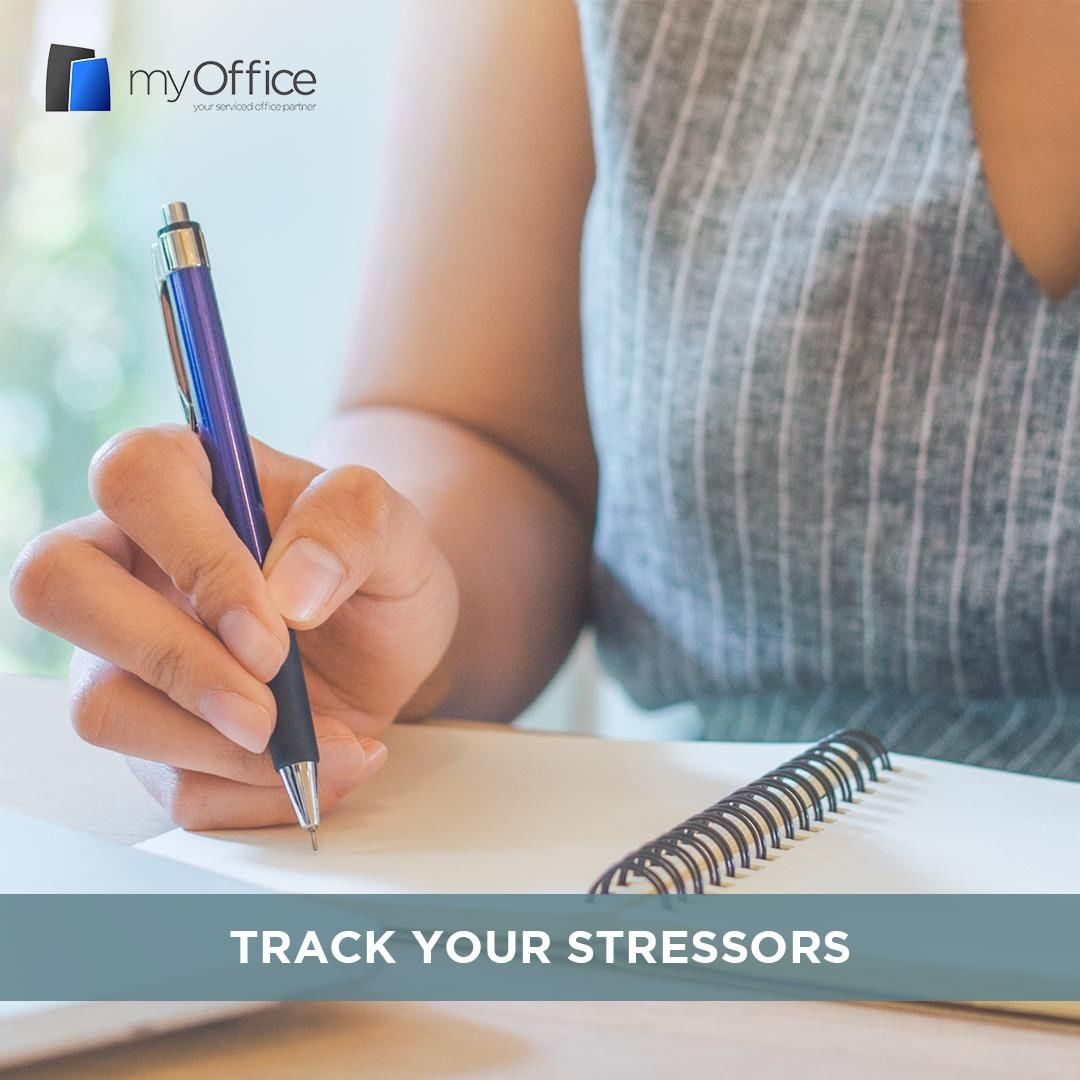Burnout can affect your mood, wellbeing, friendships, and efficiency at work. People who struggle to manage stress in the workplace are at high risk of experiencing burnout.
You are entitled to a job that enriches and encourages you, instead of undermining you. If you’re burned out, challenges seem unbeatable, it all looks grim, and it’s hard to get the energy to care, much less take measures to help yourself.
Burnout-induced resentment and disassociation can jeopardize your work, friendships, and wellness. But you can take measures to avoid it by acknowledging the earliest signs.
Shared office spaces make for a common working area that sets up a mindset and routine to keep people productive and focused and burnout free.
Although burnout has become a bit of a pejorative term, wrapping our head around the concept is still hard — where is the distinction between regular stress and a larger issue?
Read on to learn more about what the burnout is, the signs, and what you can do once you realized that you’re slipping down the rabbit hole.
What is Burnout?
Burnout is a condition of acute stress that translates to physical and mental fatigue, pessimism, detachment, feelings of incompetence, and lack of effort.
You are no longer able to function efficiently on a personal or professional level if you are in the midst of full-fledged burnout. Burnout does not occur unexpectedly, though.
Its nature is much more pernicious, sneaking over time like a leaky pipe on us, which makes recognizing it much harder. Good thing, we are given warnings by our brains and bodies, and if you understand what to look for, you can acknowledge it before it’s too late.
The Signs of Work Burnout
- Deteriorating Job Performance
Don’t know if you’re burned out? Compare your current job performance with prior years’ performance. Since burnout appears to occur over an extended length of time, picking up this long-term perspective may show whether you are in a short term rut or more severe stress.
- Not Taking Care of Yourself Enough
Some individuals participate in unhealthy coping mechanisms such as excessive alcohol consumption, smoking, becoming too inactive, consuming too much junk food, eating too little or not resting enough when struggling with burnout
Self-medication is yet another problem and may include relying on pills to relax, drinking more liquor to de-stress, or even drinking more caffeine to stir up the strength to push yourself into your day job.
- Physical and Emotional Symptoms:
Burnout can result in physical symptoms, such as migraines and stomach pain or intestinal problems. People who suffer from chronic stress are also more inclined to become depressed and worried.
- Estrangement from work-related activities
Burnout individuals see their work as progressively stressful and demoralizing. They may become pessimistic about their working situations and the persons with whom they work. They may also disassociate themselves emotionally and start feeling numb about their profession.
Conclusion
You have to try and take action to manage work burnout. You can assess your options in order to get started. Talk to your supervisor about particular issues. You might be able to work together to reflect on expectations or to achieve compromises or alternatives. Try setting objectives for what needs to be achieved and what can be expected.
It is vital that companies consider their employees’ physical job environment. In order to create their best performances, employees need to feel at ease and calm in their workplace.
Instead of slacking at home or becoming too distracted in a local cafe, a shared office space motivates individuals to go outside, network with others, and concentrate on their priorities.
Depending on the type of office and work setup you need, the atmosphere can vary from a busy backdrop to totally quiet. We at myOffice offer wide range of services in compliance to fit your business requirements for long as well as short-term.

Leave a Reply